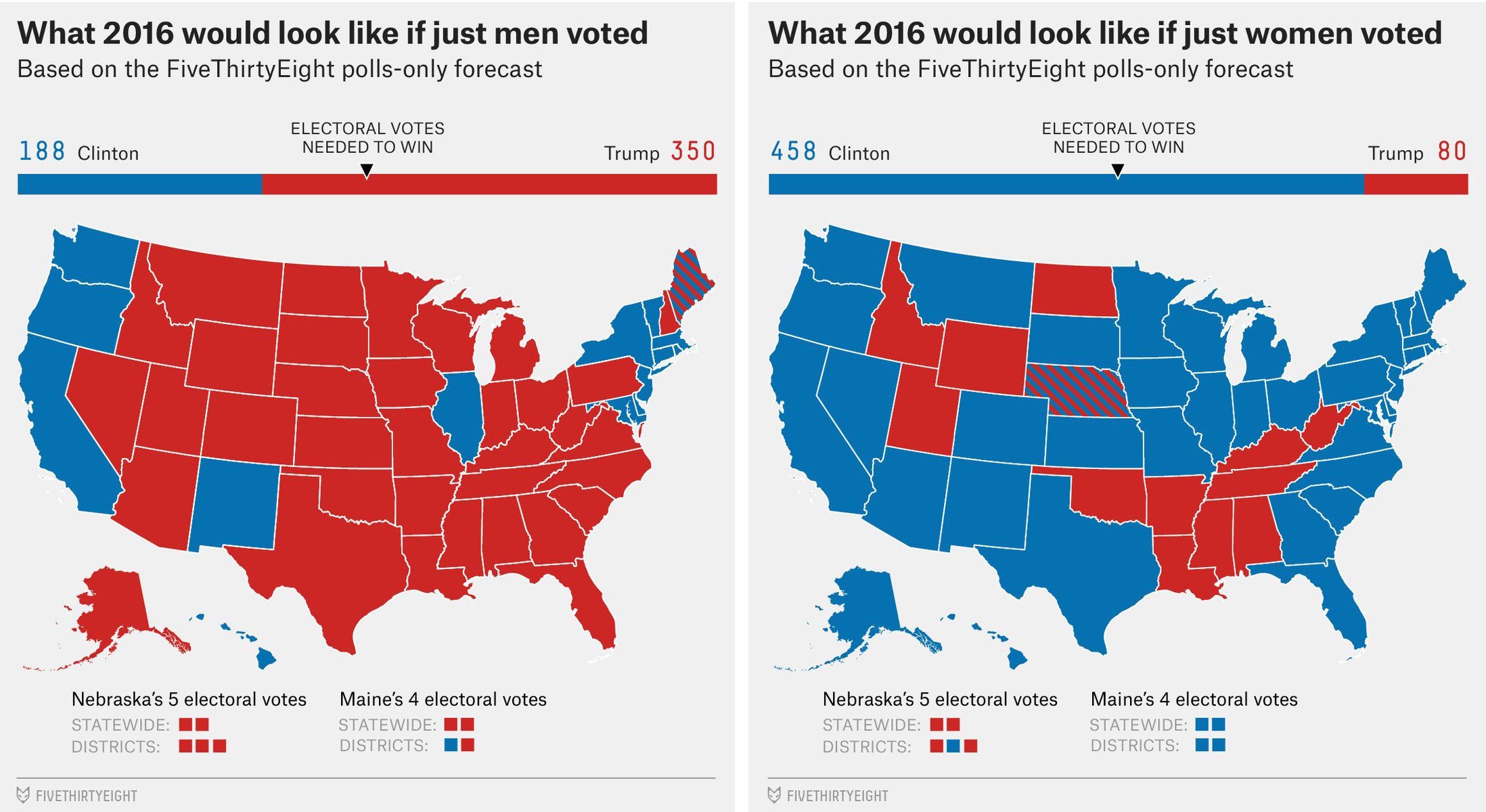A two-day conference to be held at Queen Mary, University of London, 21-22 February 2024
Keynote by Professor Raewyn Connell
Deadline for abstracts: Monday 4 September 2023
Masculinity needs changing. As a manifestation of patriarchy, a predictor of violence, and a straight-jacket of identity, masculinity is widely identified as a culprit and symptom: problematic, traditional, ‘hyper’ and toxic. In response a loose network of feminists and allies, public health professionals, scholar-activists, social workers, civil society groups, international organisations and military and police forces have sought to reform masculinity for the better. Their efforts range from positive fatherhood campaigns to counter-terrorism measures, and from religious role models to queer theory. ‘Masculinity’ as a concept and configuration of practices is at the same time undergoing another round of crisis and change, split along axes of class, nation, racialisation, sexuality, gender identity and culture, torn between projects of restoration and abolition.
This two-day conference will gather academics, practitioners and activists to critically interrogate contemporary masculinity interventions in local, national and transnational layers. What new governance arrangements and sciences of public health are being formed? What power relations are at work, especially across shifting boundaries of global north and south? What is the role of specific political, economic and cultural institutions in propagating new varieties of good masculinity? How are these new masculine subjectivities being produced? And with what effects, whether generative, perilous or ambivalent? We hope that the conference will address these questions in relation to the production and/or policing of masculinity in its many variants, including (but not limited to) its traditional, trans, Black, ally, alt-right, postcolonial, hegemonic, survivor, migrant, postconflict, inclusive, violent, and toxic forms.
We invite contributions in three formats:
- Academic papers: Research from any disciplinary perspective on any aspect of masculinity interventions or the broader politics of changing or governing masculinities. Please submit a title and abstract of 200-300 words on the content of your paper. We anticipate that one outcome of the conference will be a journal special issue, with papers presented at the conference making up the majority of content.
- Reports from the field: Findings or reflections from practice and activism, addressing organisational models of change, successes or challenges in masculinity interventions, or personal experiences of transformative masculinity work. Please submit abstracts of 200-300 words including details of the intervention practice and experience plus any relevant support documentation (e.g. findings, theory of change, advocacy by your organisation or initiative).
- Creative: Media that capture some dimension of transforming masculinity. Please outline the content of the work, its medium (photography, film, poetry, etc.) and any space or technology requirements. Note that we are not able to pay screening or display fees without prior discussion.
The conference will take place at Queen Mary, University of London on Wednesday 21 and Thursday 22 February 2024. We are able to support a small number of international participants with flights, accommodation and visa costs, and to provide accommodation and travel support for a larger number of UK participants. Applicants are asked to indicate if they require flight, accommodation and/or visa support (if from abroad) or travel and/or accommodation support (if within the UK). For UK participants, priority will be given to early career and precariously employed participants.
Please submit abstracts by Monday 4 September 2023 to Paul Kirby (p.kirby@qmul.ac.uk) and/or Chloé Lewis (chloe.lewis@qmul.ac.uk). Inquiries in advance are welcome.
This call is also available as a PDF document.
This conference is an event of the UKRI GCRF Gender, Justice and Security Hub (http://thegenderhub.com / https://twitter.com/TheGenderHub).









